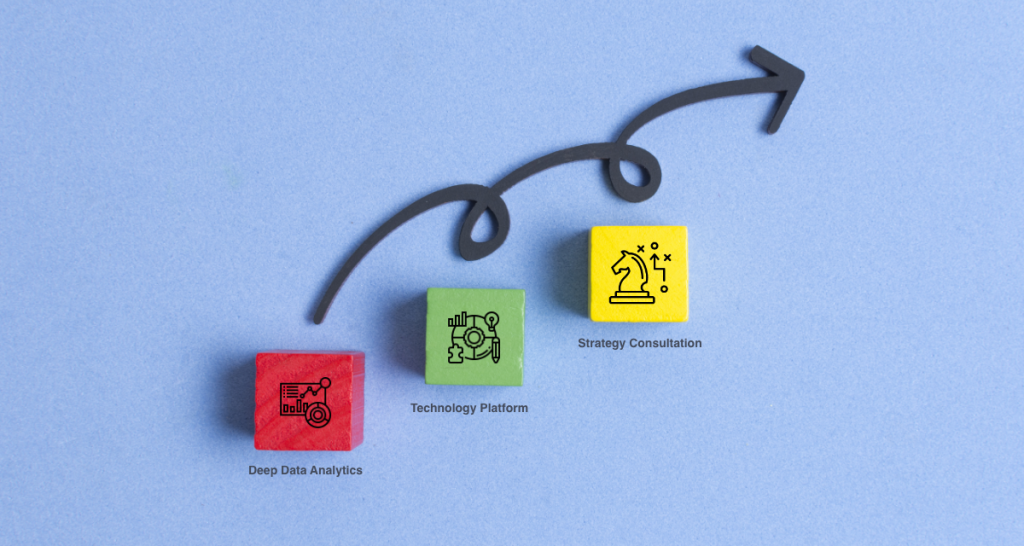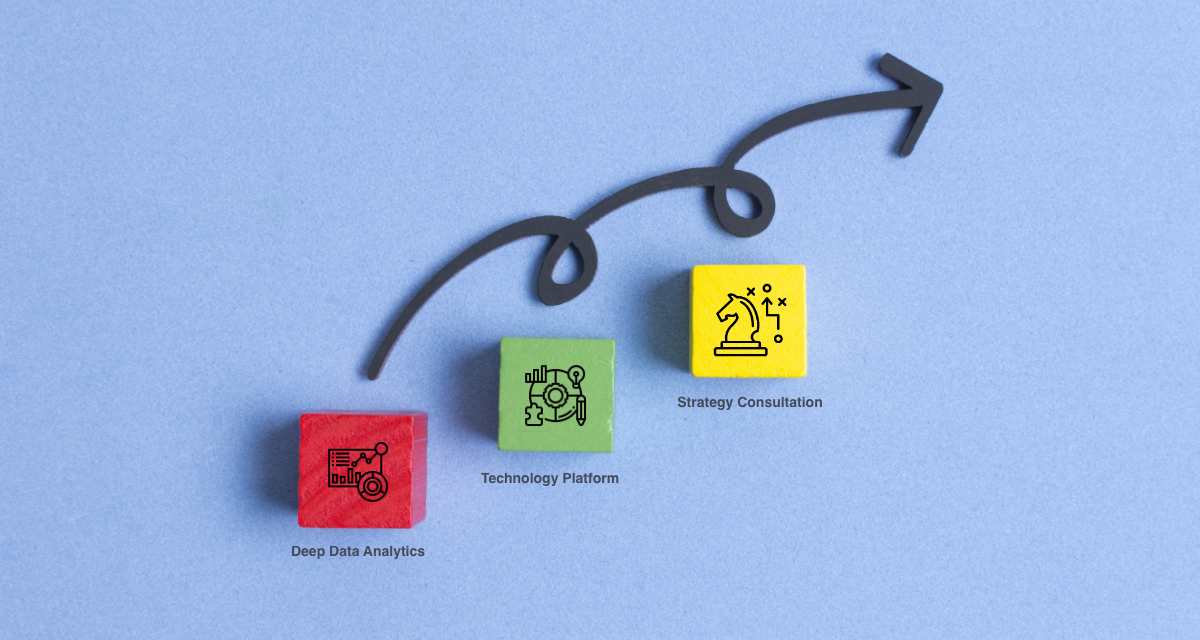Brand loyalty programs have undergone significant evolution from traditional punch cards to sophisticated, data-driven loyalty initiatives. Modern approaches focus on building deeper, more personalized relationships with customers by leveraging technology and behavioral insights.
Today’s brand loyalty programs are characterized by their emphasis on personalization. Rather than offering generic rewards, brands use data analytics to understand individual customer preferences and behaviors. This allows for the customization of rewards and incentives that are relevant and compelling to each customer, thereby increasing engagement and retention.
Moreover, the integration of digital platforms has transformed loyalty programs into seamless and omnichannel experiences. Customers can now earn and redeem rewards across various touchpoints, including online stores, mobile apps, and physical stores. This omni-presence enhances convenience and encourages frequent interaction with the brand.
Furthermore, modern loyalty programs often incorporate gamification elements to increase engagement and create a sense of fun and excitement. By incorporating challenges, badges, and tiered rewards, brands motivate customers to actively participate in the program and strive for higher levels of loyalty.
Additionally, brands are increasingly using social proof and community-building strategies within their loyalty programs. Encouraging customers to share their experiences on social media or participate in exclusive communities fosters a sense of belonging and advocacy. This not only strengthens loyalty but also attracts new customers through word-of-mouth referrals.
However, the evolution of brand loyalty programs also poses challenges. Brands must navigate data privacy concerns and ensure transparent communication regarding the collection and use of customer data. Moreover, maintaining relevance and differentiation in a competitive landscape requires continuous innovation and adaptation to changing consumer preferences.
In conclusion, the evolution of brand loyalty programs has shifted towards personalized, omnichannel experiences that enhance customer engagement and retention. By leveraging technology, data analytics, gamification, and community-building strategies, brands can create compelling loyalty initiatives that foster deeper connections with customers. However, success requires careful consideration of privacy concerns and ongoing innovation to stay ahead in a dynamic market environment.


